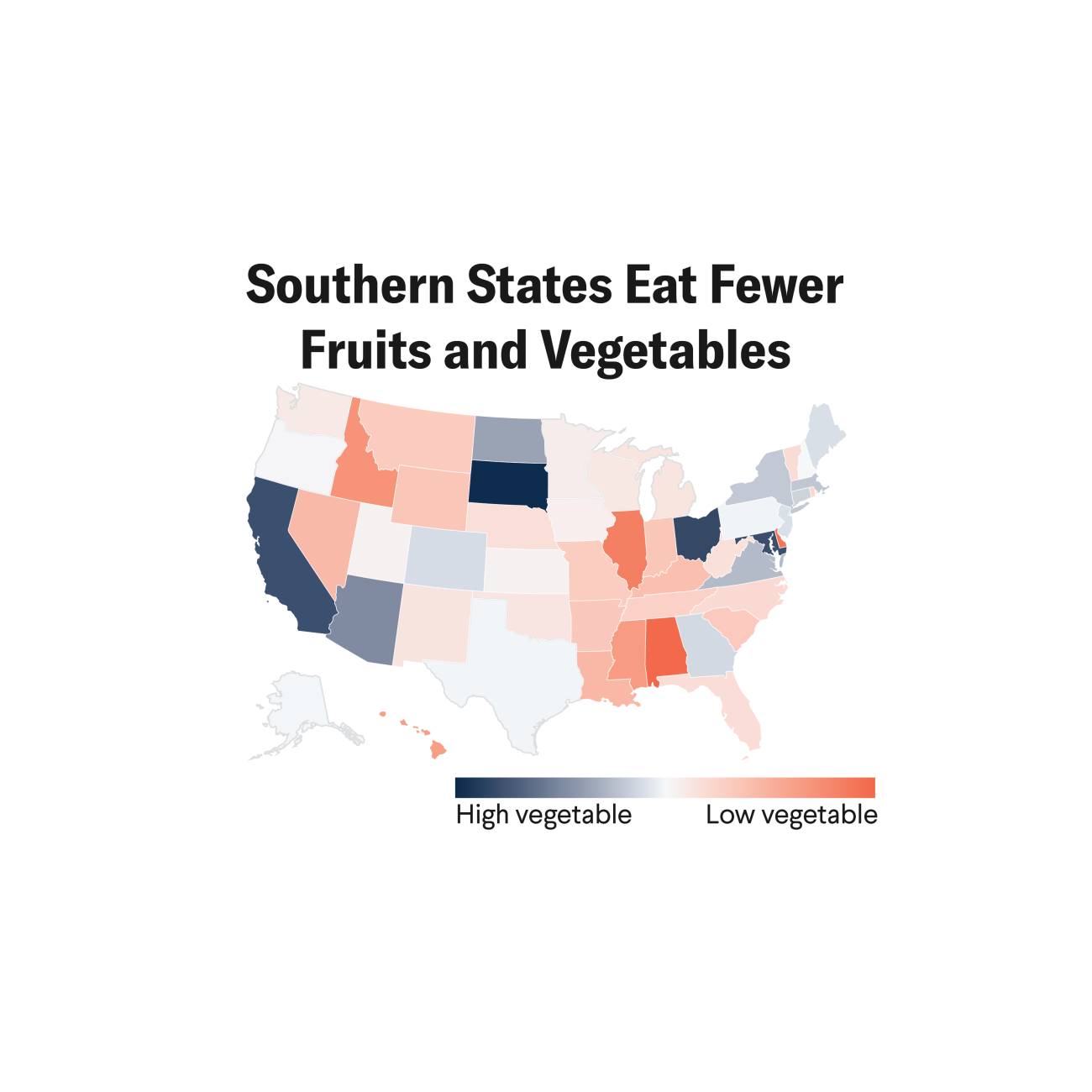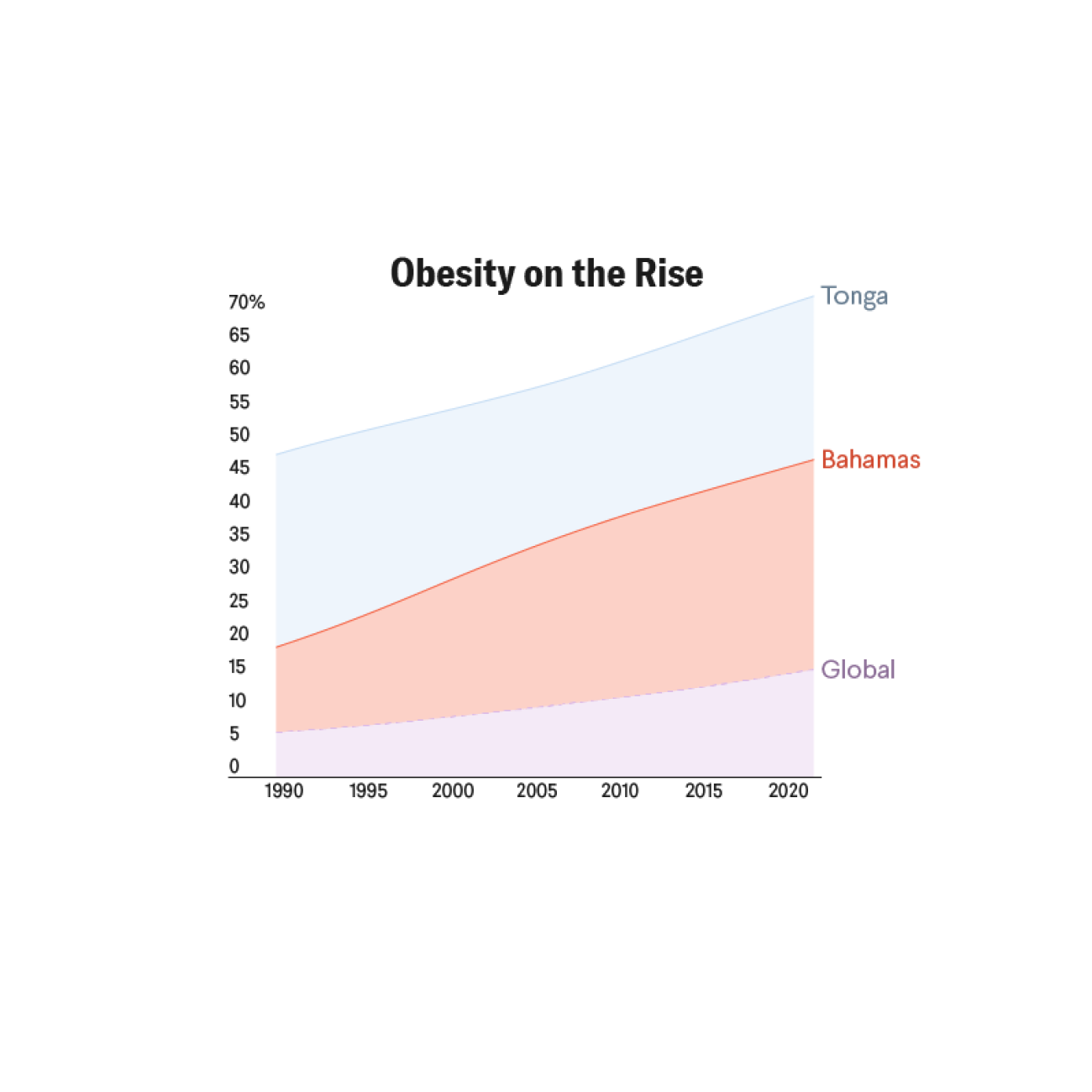March's Nutrition for Growth (N4G) Summit in Paris provided a vital opportunity to place nutrition at the heart of the sustainable development agenda. At a time of global geopolitical disruption, N4G offered the first major replenishment moment for nutrition, uniting governments, philanthropy, and the private sector to forge bold new commitments.
Ethiopia stands ready to lead this effort, ensuring that the fight against malnutrition and the diseases that exacerbate it is recognized as a universal cause requiring sustained investment and political will. As Ethiopia's state minister for health services and programs, I have witnessed how malnutrition and neglected tropical diseases (NTDs) such as intestinal worms compound to undermine our progress. These health issues spawn economic hurdles that affect Ethiopia's ability to capitalize on its young and dynamic population. Our government has been proactive in shifting toward diversified partnerships, particularly with private philanthropy, to build a more resilient health system.
The recent shifts in the global development landscape have created challenges, but also opportunities. Although these disruptions have required adjustments, they have also reinforced the need to accelerate our long-term strategy with nutrition programs—expanding partnerships across the global development ecosystem. Ethiopia is already engaging with new partners to ensure continuity and sustainability in key health and nutrition programs.
The Urgency of Addressing Malnutrition and NTDs
Climate change-driven disasters such as droughts weaken crop yields, worsening malnutrition and increasing susceptibility to and the severity of disease. With more than 77 million people at risk, Ethiopia has one of the highest burdens of NTDs in Africa, so any additional strain on health systems compromises public health and hinders economic potential, keeping children out of school and adults from workplaces.
With more than 77 million people at risk, Ethiopia has one of the highest burdens of NTDs in Africa
Ethiopia used the N4G summit to deepen engagement with private-sector players, philanthropic organizations, and multilateral institutions that can provide sustainable investment in Ethiopia's health sector. By diversifying funding sources, the country can move beyond traditional funding mechanisms and create a more resilient health-care model.
Since 2021, a cross-sectoral, collaborative effort between Ethiopia's Federal Ministry of Health, Power of Nutrition, the END Fund, the Rotary Foundation, and the Eleanor Crook Foundation has worked with UNICEF to strengthen the integration of the deworming of preschool age children into nutrition programming.
Excitingly, this partnership has demonstrated excellent progress. Treatment coverage across Ethiopia of deworming when integrated with high-impact nutrition interventions increased by more than 10% across all target populations from 2021 to 2024, as did access to and capacity for deworming services for pregnant women. Additionally, for the first time, children age 12 to 59 months were able to receive deworming treatment.
This progress for also supports the World Health Organization's call for greater cross-sectoral integration of NTDs with water, sanitation, and hygiene (WASH) practices, education, nutrition, and other complementary sectors to reach the 2030 targets outlined in the NTD Roadmap. Ethiopia has proved that when national and local leadership is championed and supported by the right group of dedicated global partners, exceptional results can be achieved. Examples include deworming treatments, nutritional interventions, and community engagement.
Deworming treatments. In the past six months, Ethiopia health programs delivered 1 million deworming treatments to children under 5. Integrating these treatments, which help combat intestinal worms—a major contributor to malnutrition—is more cost efficient than deworming on its own.
Nutritional interventions. Vitamin A supplements have been given to 1.38 million children and through a new innovative approach multiple micronutrient supplements to more than 163,000 pregnant women, reducing malnutrition rates.
Community engagement. More than 1,700 religious leaders and community elders have been trained to recognize and report health threats. Additionally, public awareness campaigns have reached more than 20 million people, reinforcing the importance of nutrition and disease prevention.
Looking ahead, we can now confidently expand Ethiopia's deworming programs in all targeted regions, roll out further integrated training for health workers, and advocate for new strategic partnerships across the federal government and global partners.
Ethiopian Leadership and Collaboration
Ethiopia needs to take the lead in shaping its health responses and developing the tools and strategies required to be successful. In 2015, government launched an innovative commitment—the Seqota Declaration—to end child stunting by 2030. It has already reduced stunting at a 3% annual rate in 40 districts, and the project is now scaling to another 334 districts, as plans are finalized to expand further to 700.
Ethiopia has already reduced stunting at a 3% annual rate in 40 districts
Additionally, the National Food and Nutrition Strategy takes a multisectoral approach and aims to end malnutrition by 2030 through high-impact interventions, guided by the Ethiopian Food Systems roadmap. In February, the African Union Summit took place in Addis Ababa, reaffirming Ethiopia's commitment to regional cooperation. A new financial stability fund established at the summit is an important step to ensuring that Ethiopia does not solely rely on external aid to address health crises.
This shift reflects a growing recognition that Africa's long-term health security must be led from within, with investments that prioritize local expertise and institutional strengthening. Ethiopia also needs to encourage greater collaboration with complementary networks and partners, such as the Scaling Up Nutrition Network, which are also championing greater integration in Ethiopia and across the continent.
A Call to Action at the Nutrition for Growth Summit
The N4G Summit was an important moment for sustaining momentum and ensuring that integrated nutrition, NTD, and global health targets remain at the top of the global agenda. The global policy community should drive this moment forward in several ways:
- Making the fight against all forms of malnutrition a universal cause, integrating nutrition into global health and development efforts.
- Creating continuity between N4G summits, ensuring long-term commitments and accountability for progress.
- Maintaining a high level of political and financial engagement for nutrition, prioritizing it as a fundamental driver of economic growth and stability.
- Breaking down silos across governments, philanthropy, and the private sector, fostering collaborative investment in sustainable nutrition solutions.
- Attaining the N4G Paris 2025 commitments by 2030, drawing on the collective efforts of all stakeholders involved.
Ethiopia's experience proves that a coordinated, country-led approach can yield significant results. Now is the time to build on these successes and create a stronger, more resilient health-care system depends less on external aid and focuses more on long-term sustainability.
The future of Ethiopia's health must be in Ethiopian hands.


